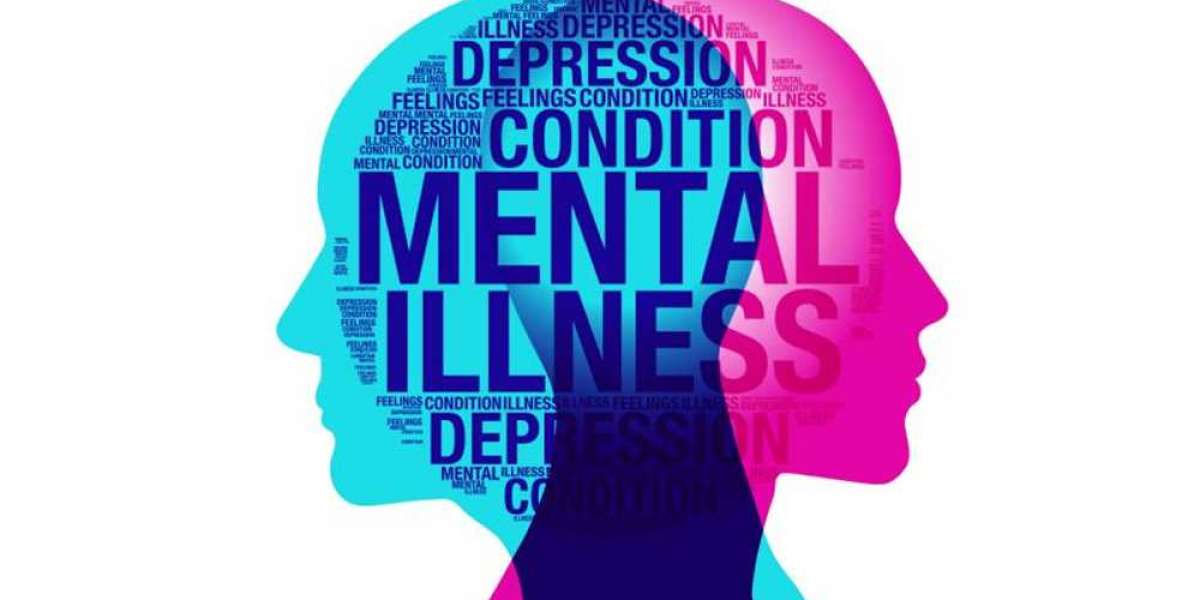Anxiety is a common experience that many people face in their lives. It is a normal response to stress, uncertainty, or danger, and it can be helpful in certain situations. However, when anxiety becomes persistent or excessive, it can interfere with daily life and become a mental health issue. In this blog, we will discuss what anxiety is, how it can affect mental health, and some effective ways to manage it.
What is Anxiety?
Anxiety is a feeling of worry, unease, or apprehension about future events, outcomes, or situations. It is a natural response to stress and can be helpful in certain situations, such as when facing a deadline or taking a test. However, when anxiety becomes chronic or excessive, it can cause a range of symptoms that can affect mental health, such as increased heart rate, sweating, trembling, and shortness of breath.
Anxiety can also lead to a variety of mental health disorders, including generalized anxiety disorder, panic disorder, social anxiety disorder, and obsessive-compulsive disorder. These conditions can significantly impact a person's quality of life, affecting their work, relationships, and overall well-being.
Managing Anxiety
If you experience anxiety, there are many strategies you can use to manage it. Here are some effective techniques that you can try:
Practice Mindfulness: Mindfulness is a technique that involves paying attention to the present moment without judgment. It can help you focus on the here and now instead of worrying about the future. Mindfulness can be practiced through meditation, deep breathing, or simply observing your surroundings without judgment.
Exercise: Exercise is a powerful tool for managing anxiety. Regular exercise can help reduce stress and improve overall mental health. It can also increase the production of endorphins, which are chemicals in the brain that help improve mood.
Avoid Caffeine: Caffeine is a stimulant that can increase anxiety levels. If you experience anxiety, it's best to avoid caffeine, as it can make symptoms worse.
Get Enough Sleep: Getting enough sleep is important for mental health. Lack of sleep can lead to increased anxiety levels, as well as other mental health issues. Aim for 7-8 hours of sleep per night.
Talk to a Professional: If you are experiencing severe or chronic anxiety, it may be helpful to talk to a mental health professional. They can provide you with support and guidance in managing your anxiety.
Identify Triggers: Identifying triggers can be helpful in managing anxiety. Triggers are situations, events, or people that cause anxiety. Once you identify your triggers, you can take steps to avoid them or manage them more effectively.
Practice Self-Care: Practicing self-care is essential for mental health. It can include activities like taking a bath, reading a book, or spending time with friends and family. Practicing self-care can help reduce stress and improve overall well-being.
Conclusion
Anxiety is a common experience that many people face in their lives. It can be a natural response to stress, but when it becomes chronic or excessive, it can affect mental health. There are many effective strategies for managing anxiety, including mindfulness, exercise, avoiding caffeine, getting enough sleep, talking to a professional, identifying triggers, and practicing self-care. If you experience anxiety, it's important to take steps to manage it and prioritize your mental health.







